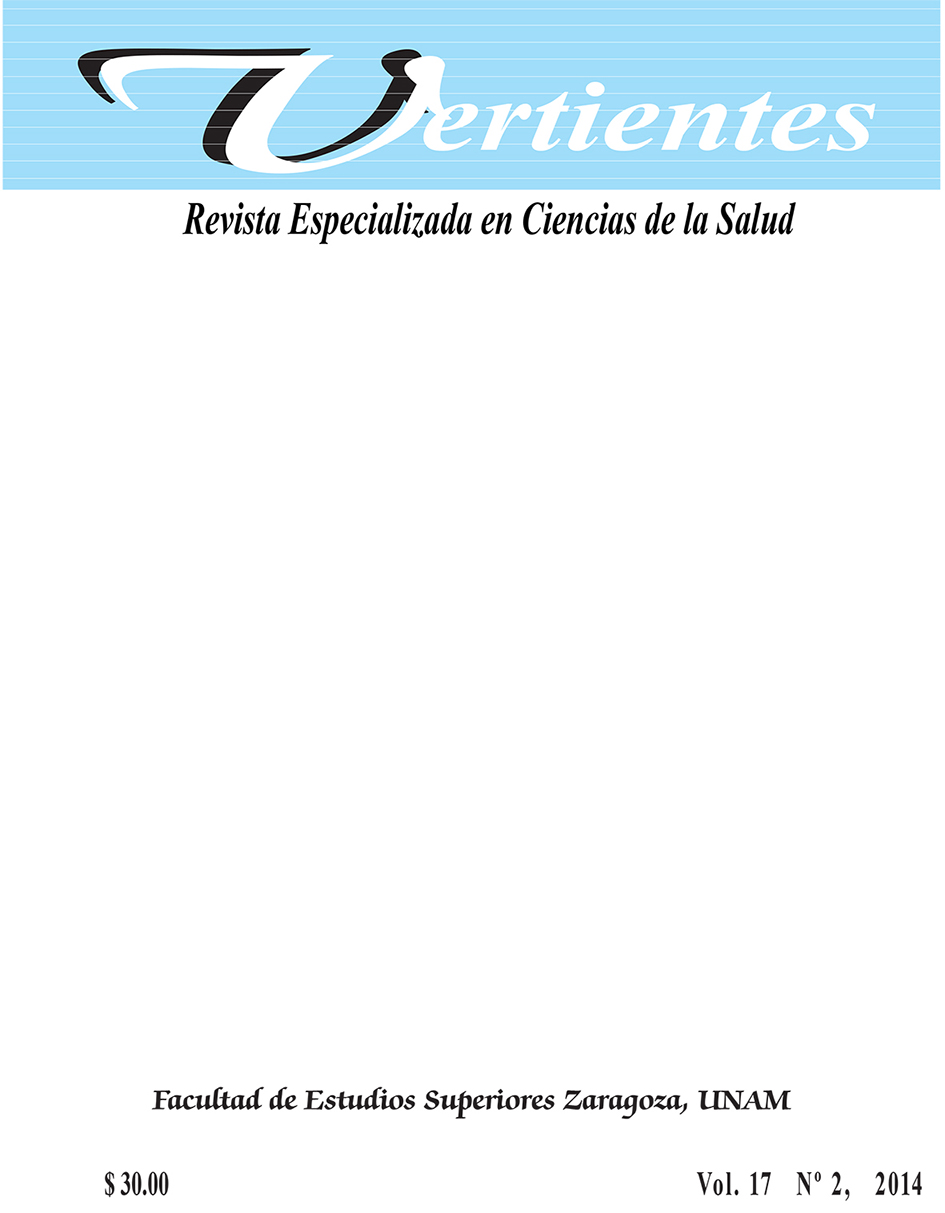Values in medical students newly admitted to a UNAM campus
Main Article Content
Abstract
Values are complex cognitive-affective functional units which regulate human behavior. Their importance derives from their influence on personal relations and the way the individual confronts reality. According to Spranger, there are 6 basic types of values: theoretical/scientific, aesthetic, religious/spiritual, political, economic and social/humanistic. By having well established humanistic and scientific values, the professionals of medicine can significantly achieve a better performance with patients. These values should be encouraged in medical students and in professional training. We made a descriptive study in 75 students of first degree of medicine in FES (Facultad de Estudios Superiores) Zaragoza UNAM (Universidad Nacional Autónoma de México) in order to identify their predominant values. Theoretical values were rated as the highest whereas religious values were considered as of lowest importance. The other four values occupied the places in between.
Article Details
How to Cite
Zarco Villavicencio, A., Cardoso Gómez, M. A., Torres Vaca, M., & Arellano Cobián, F. (2015). Values in medical students newly admitted to a UNAM campus. Vertientes. Revista Especializada En Ciencias De La Salud, 17(2). Retrieved from https://journals.unam.mx/index.php/vertientes/article/view/51692
Citas en Dimensions Service

Vertientes by Universidad Nacional Autónoma de México is licensed under a Creative Commons Reconocimiento-NoComercial-SinObraDerivada 4.0 Internacional License.
Creado a partir de la obra en http://www.zaragoza.unam.mx.

